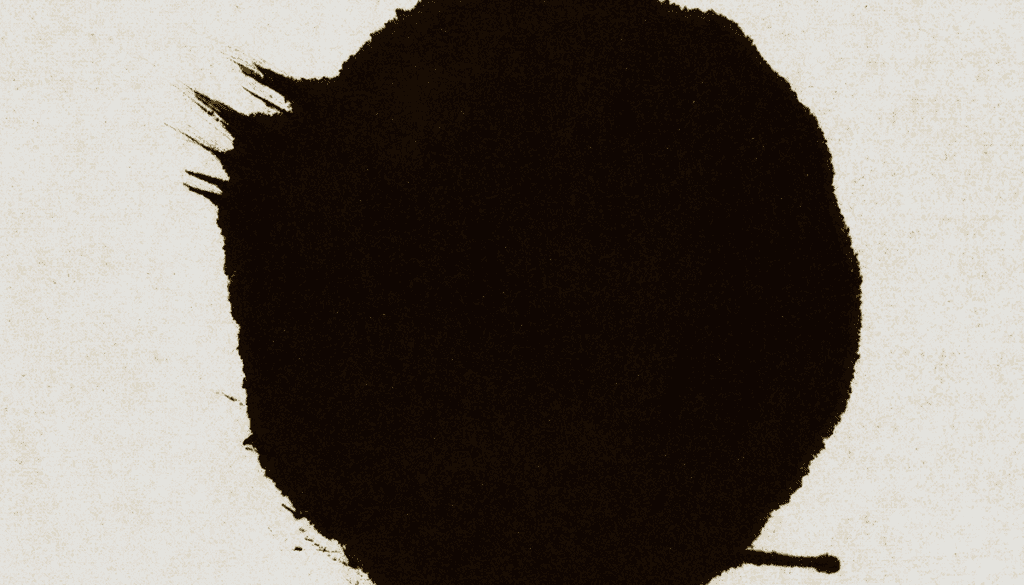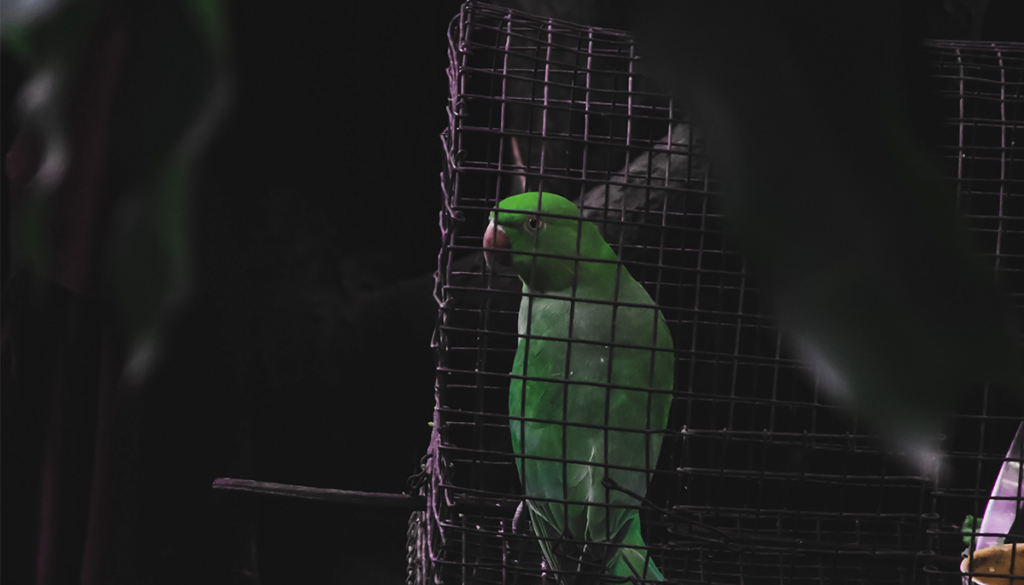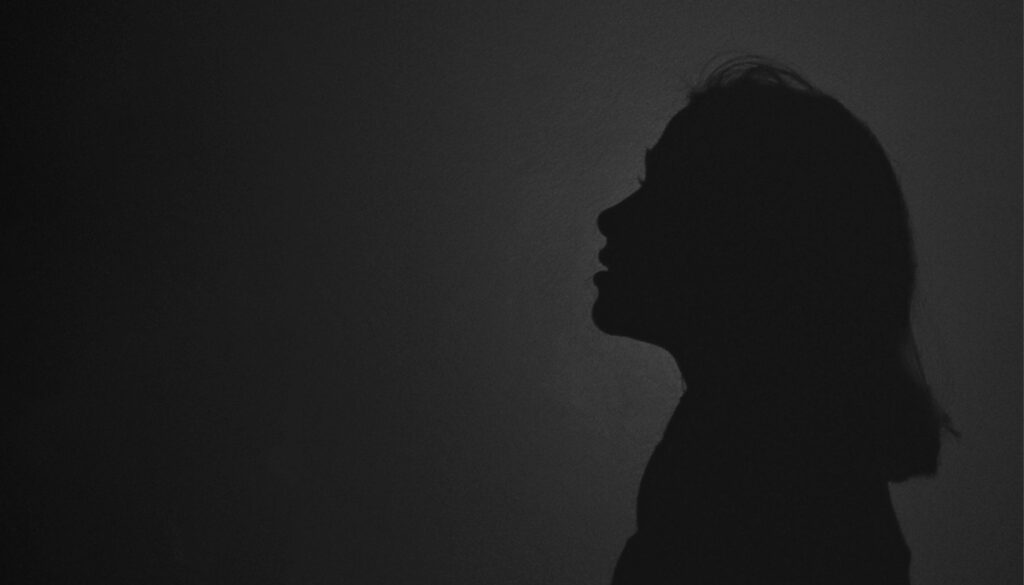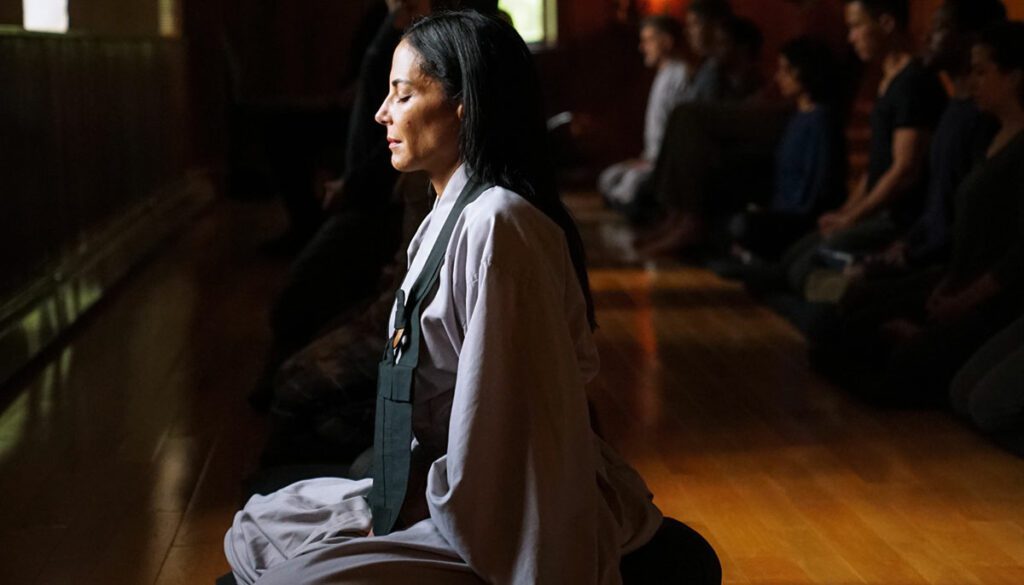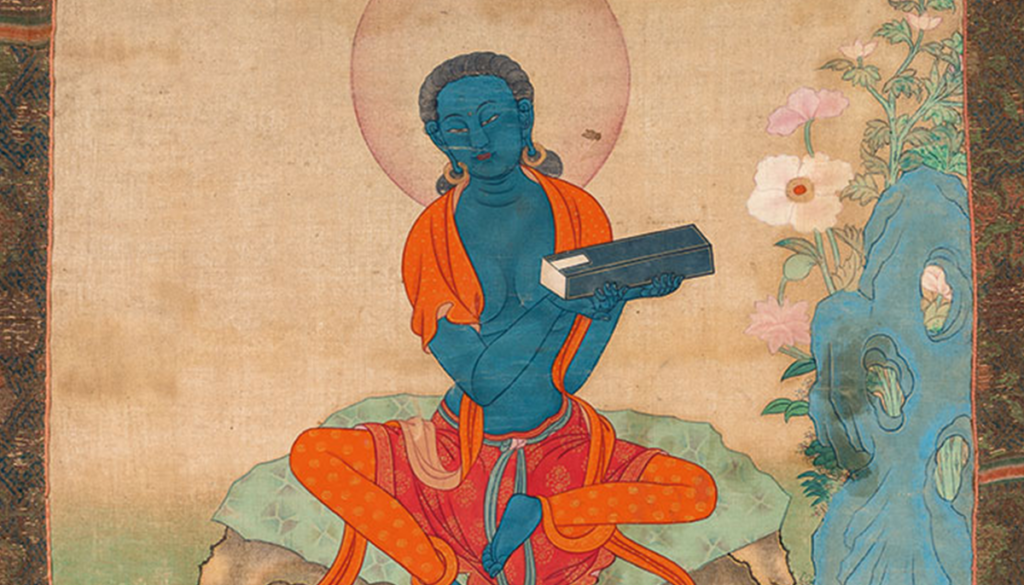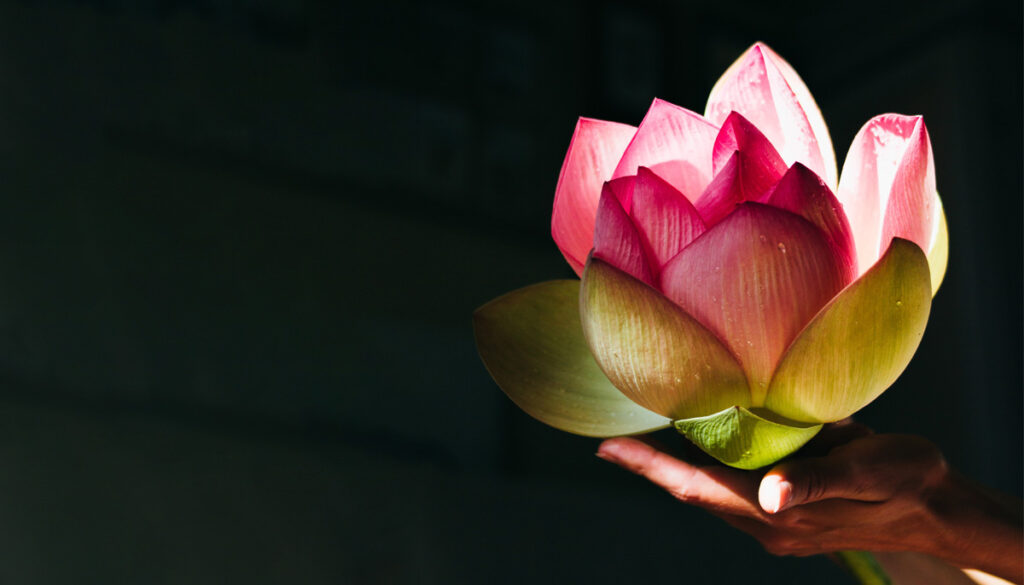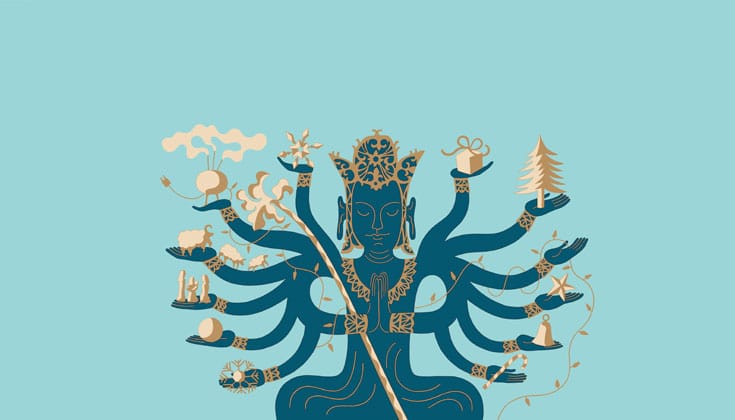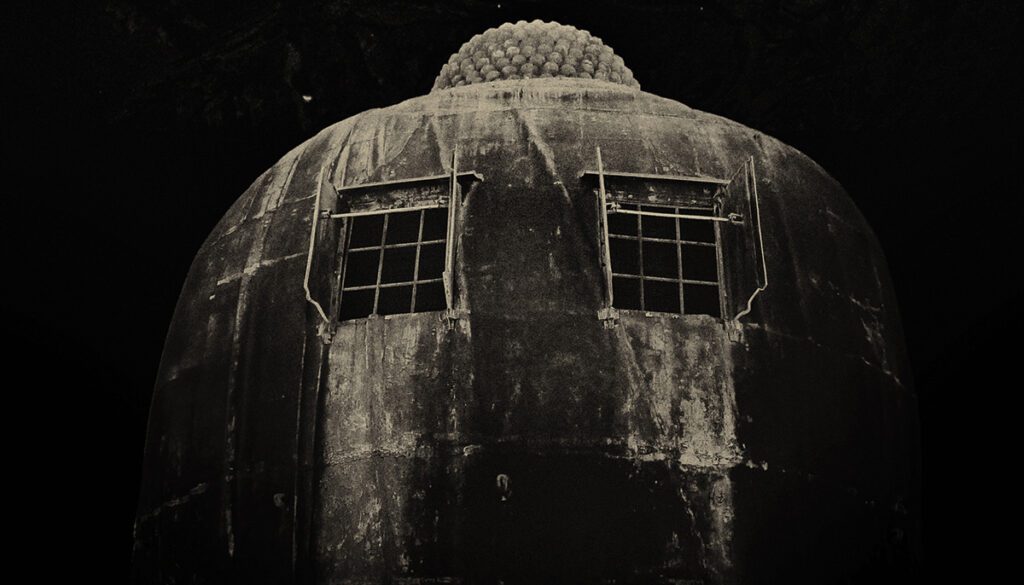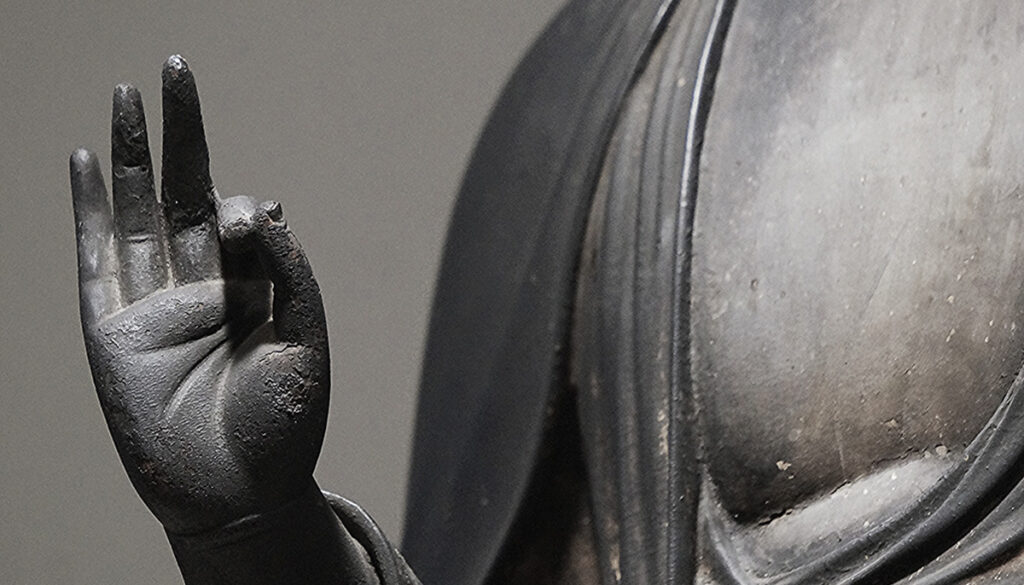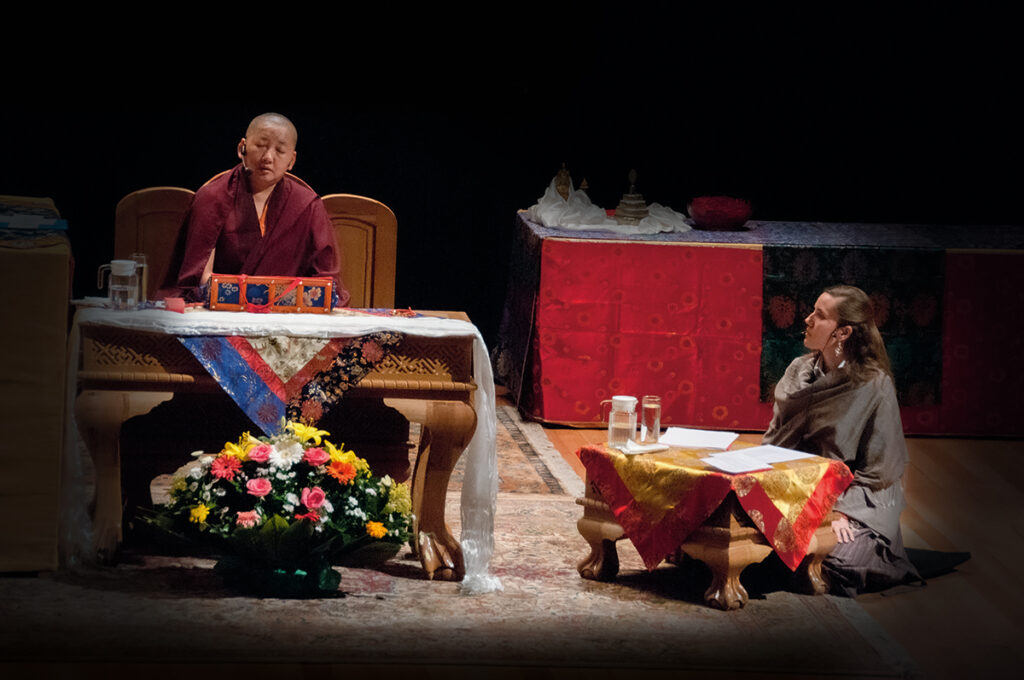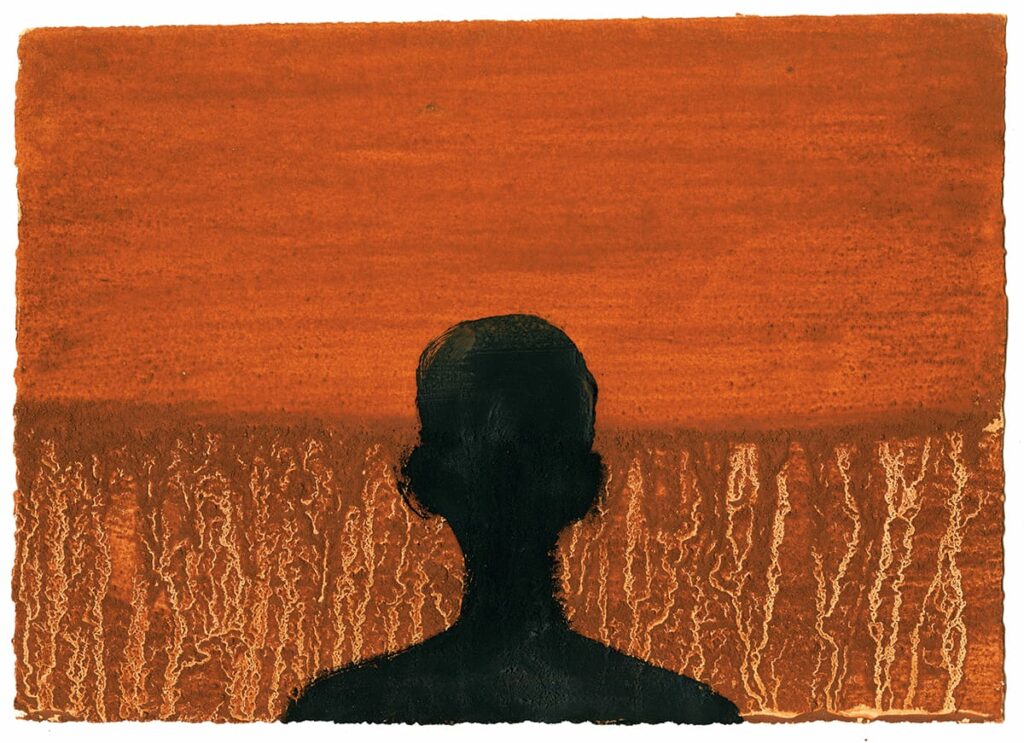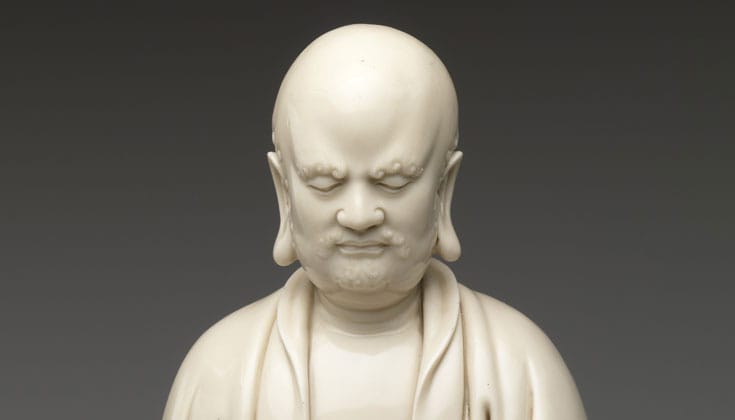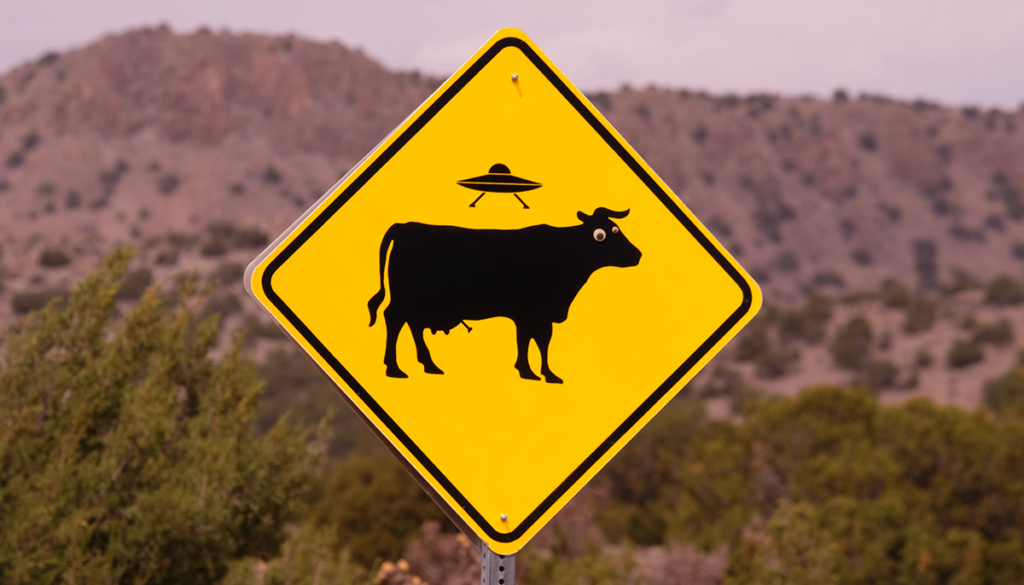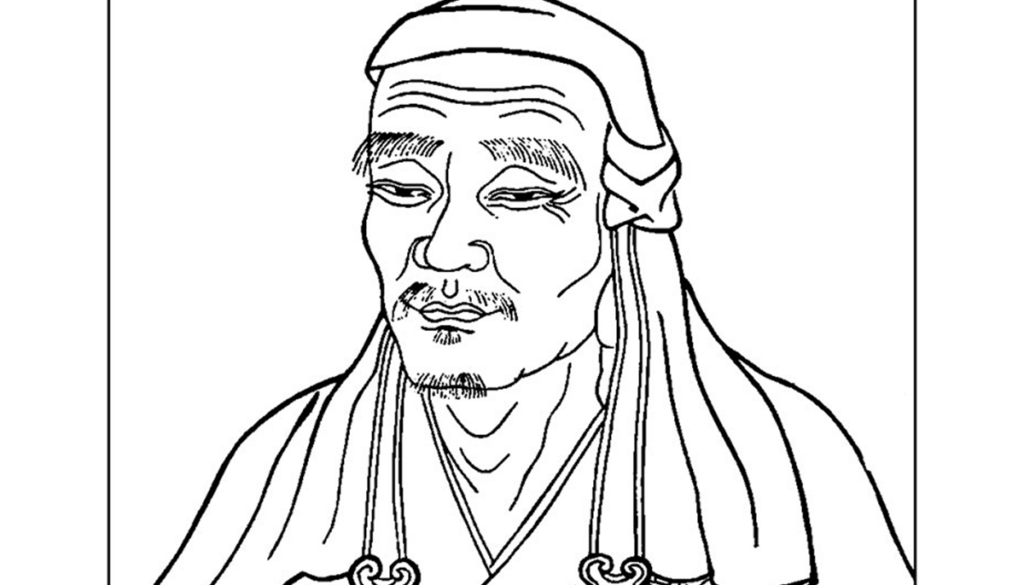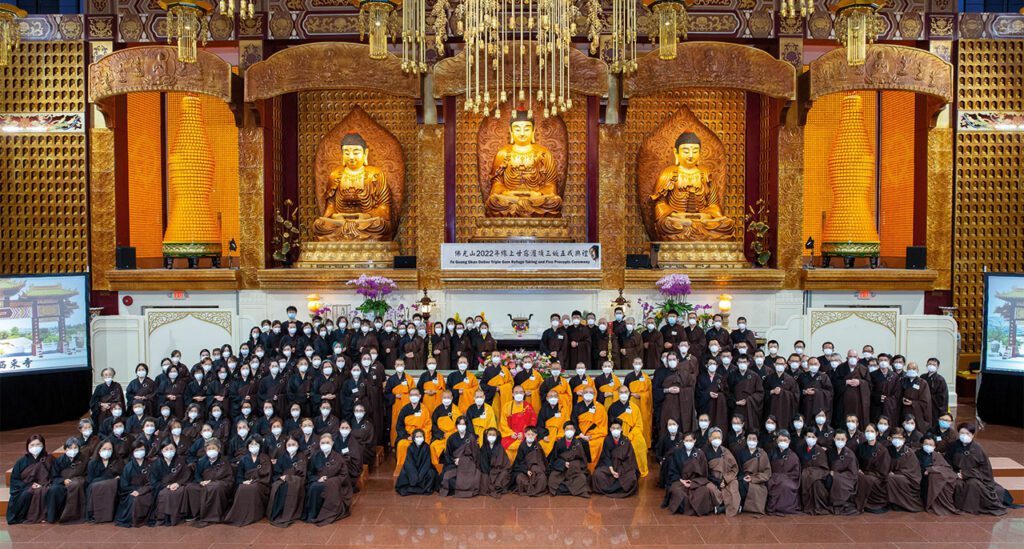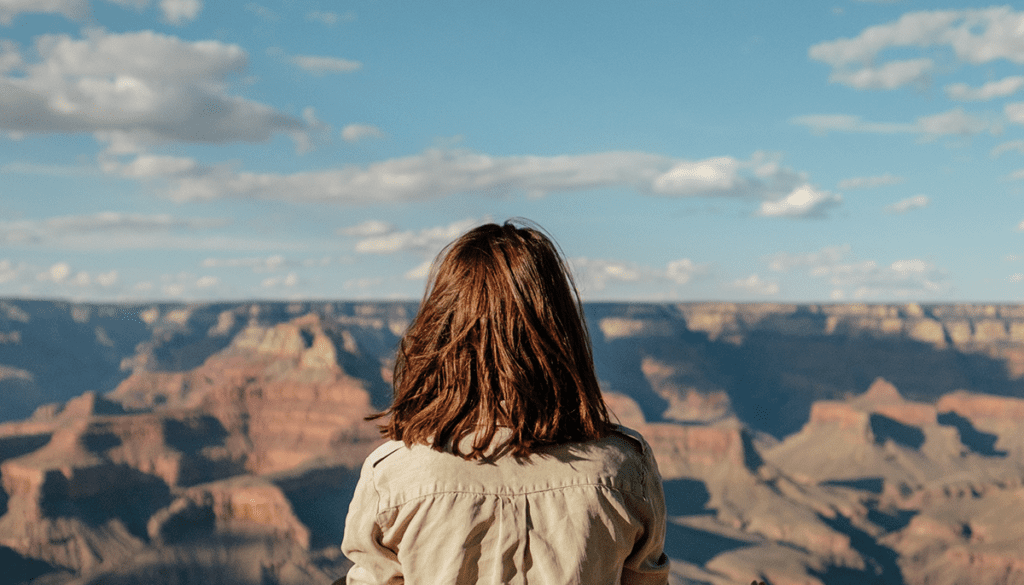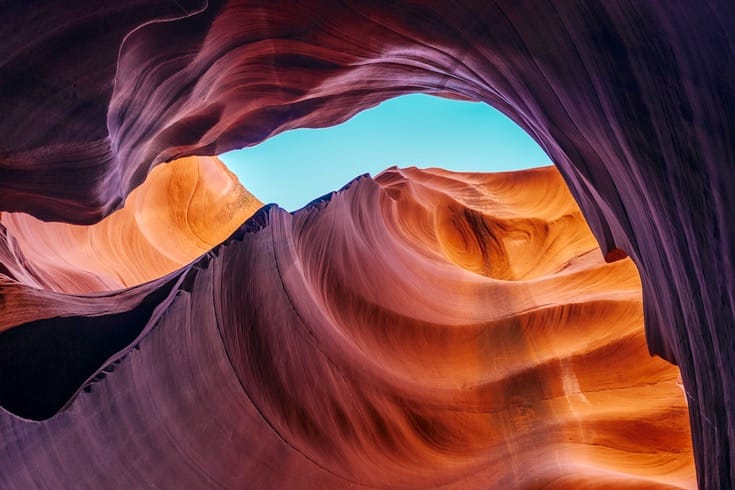Category: Teachings
The Journey to Where We Already Are
According to Francesca Fremantle, Buddhist tantra is based on the simple proposition that we’re already where we need to be. We simply need to allow ourselves to truly realize it.
Fresh Bread, Ancient Recipes
Barry Boyce shares why Nalanda’s spirit of open inquiry is just what’s needed to keep Buddhism alive and vibrant in each generation.
The Bird in the Cage Dilemma
C. Pierce Salguero contemplates the karmic framework in Buddhism, and how it informs life's ethical dilemmas.
Realize Your True Nature
In this, the final part of his series on tantra, Yongey Mingyur Rinpoche presents practices for recognizing the true nature of mind—empty and open, luminous and aware.
What Is a “Darkness Retreat”?
Rod Meade Sperry talks to Lama Justin von Bujdoss about the practice of "darkness retreat," which made headlines this week after NFL quarterback Aaron Rodgers revealed he will soon undertake the practice to determine the future of his football career.
The Buddha’s Four Foundations of Mindfulness
Ven. Bhikkhu Bodhi unpacks the Buddha’s original mindfulness manual.
You Are Already a Buddha
In this, the first of a three-part series on tantra, Yongey Mingyur Rinpoche presents the three stages of meditation. Meditation, he says, is the process of recognizing your buddhanature, then nurturing that recognition.
Opening to a Vaster Sense of Buddhist Practice
Brian Lesage reflects on how we can honor past and future generations of Buddhist practitioners by bringing the spirit of offering into our everyday practice.
Have a Very Buddhist Christmas
Joy, giving, family, and peace—people of all faiths can celebrate these values of the holiday season. Eight Buddhists offer their take on yuletide dharma.
The Practice of No Practice
Nagapriya on Shinran, the vision of Shin Buddhism, and the practice of Nembutsu.
How Do We Cultivate Dharma Teachers?
Ven. Pannavati, Rev. Blayne Higa, Rev. Myokei Caine-Barrett, and Kakumyo Lowe-Charde explore the complexities of guiding others toward leadership roles.
Translation, Transmission, and the Act of Surrender
Cinthia Font and Lama Karma Yeshe Chodron, share not only the place the translator holds in the transmission of the dharma, but also how it feels to sit in that seat and hold that responsibility.
The Four Points of Letting Go in the Bardo
It’s when we lose the illusion of control—a "bardo" state where we are most vulnerable and exposed—that we can discover the creative potential of our lives.
What Is Zen Buddhism and How Do You Practice It?
Zen teacher Norman Fischer takes you through the principles and practices of the major schools of Zen. Includes specially selected articles for further reading.
How to Be Weird
Eric G. Wilson explains how we can see the strangeness in reality, and how examining the "weird" can help us understand the essence of life.
Chan Luminaries
When we recite the names of historical teachers and remember their stories, we find role models for our lives and practice. Bhikshuni Heng Yi on five inspiring Chan ancestors.
4 Places You Can Practice Chan Buddhism
Chan is a vibrant practice tradition in America. Lina Verchery recommends four communities.
It’s About Time : 20 Years of Buddhadharma
Editor Koun Franz introduces the 20th anniversary issue of Buddhadharma: The Practitioner's Guide, which looks back at where Western Buddhism has been, and what might lie ahead.
The Heart Sutra: the Fullness of Emptiness
Emptiness is not something to be afraid of, says Thich Nhat Hanh. The Heart Sutra teaches us that form may be empty of self but it’s full of everything else.
